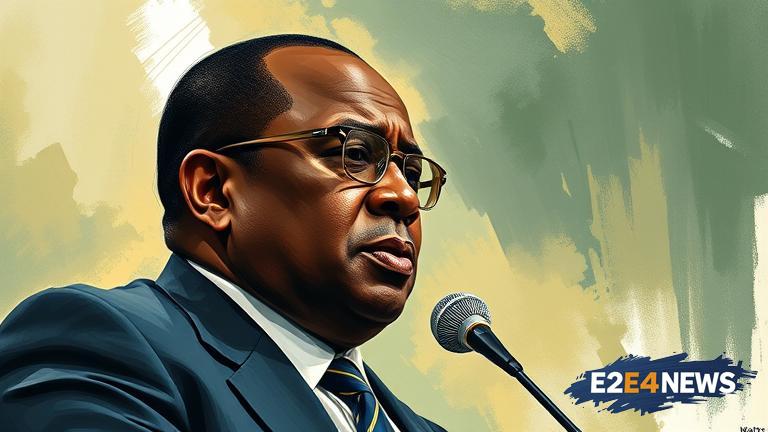In a surprising turn of events, a British Crown Prosecutor has retracted a previous statement alleging that James Ibori, a former Nigerian governor, owns 30% of Oando, a leading Nigerian energy company. The prosecutor’s U-turn has sparked widespread interest and debate, with many questioning the circumstances surrounding the initial claim. James Ibori, who served as the governor of Delta State from 1999 to 2007, has been at the center of several high-profile corruption cases. The British Crown Prosecutor’s initial statement had suggested that Ibori’s alleged ownership of Oando was a key aspect of a broader corruption investigation. However, in a dramatic reversal, the prosecutor has now denied making any such claim, leaving many to wonder about the accuracy of the initial statement. The denial has significant implications for Oando, which has faced intense scrutiny and criticism in recent years. The company has consistently denied any wrongdoing, and the prosecutor’s U-turn is likely to be seen as a major victory for the embattled energy firm. Despite the denial, questions still linger about Ibori’s alleged involvement in corrupt activities, and the British Crown Prosecutor’s investigation is likely to continue. The case has highlighted the complexities and challenges of investigating corruption, particularly in cases involving high-profile individuals and complex financial transactions. The Nigerian government has faced criticism for its handling of corruption cases, and the Ibori case is likely to be closely watched by anti-corruption activists and observers. The British Crown Prosecutor’s U-turn is also likely to have significant implications for the UK’s anti-corruption efforts, particularly in cases involving African politicians and business leaders. As the investigation continues, many will be watching to see how the case unfolds and what implications it may have for Oando, Ibori, and the broader fight against corruption. The case has also raised questions about the role of international cooperation in combating corruption, and the need for greater transparency and accountability in financial transactions. In recent years, Nigeria has faced significant challenges in its efforts to combat corruption, and the Ibori case is likely to be seen as a major test of the country’s commitment to transparency and accountability. The British Crown Prosecutor’s investigation is likely to be closely watched by international observers, and the outcome of the case could have significant implications for the global fight against corruption. As the case continues to unfold, many will be watching to see how the British Crown Prosecutor’s investigation proceeds and what implications it may have for Oando, Ibori, and the broader fight against corruption.
